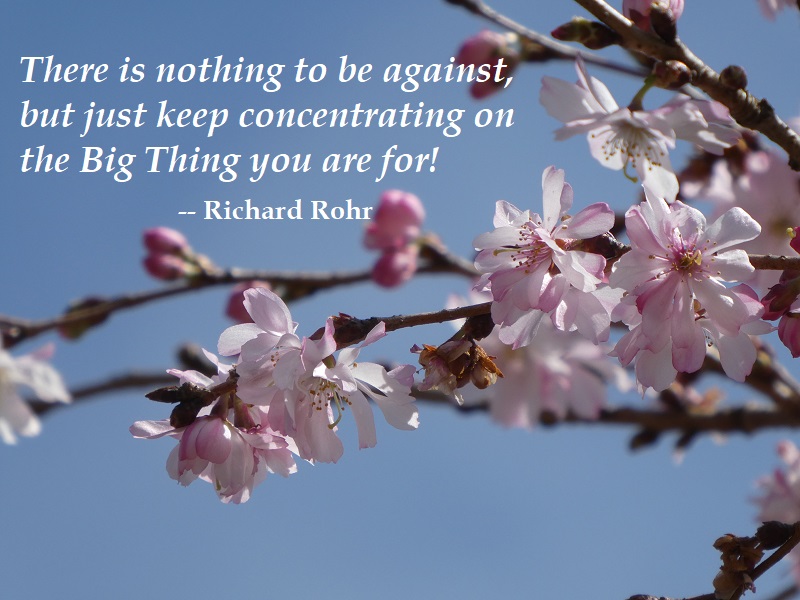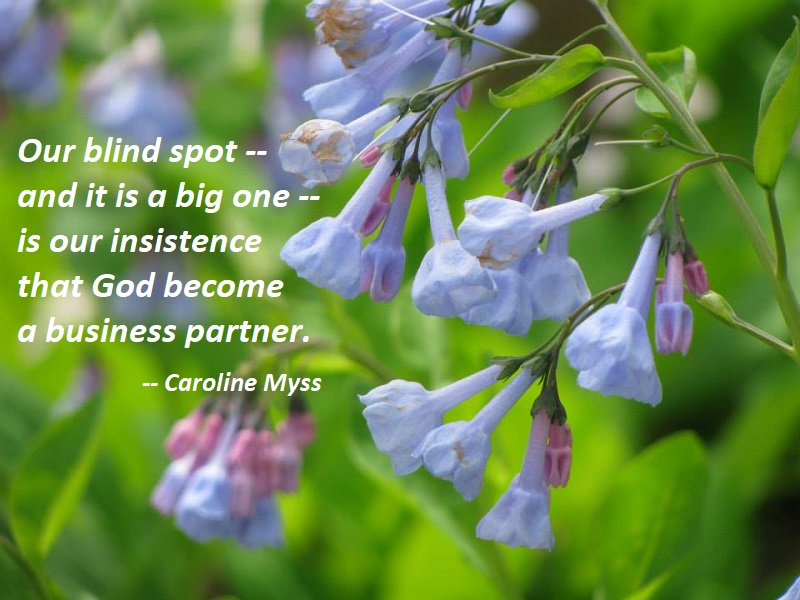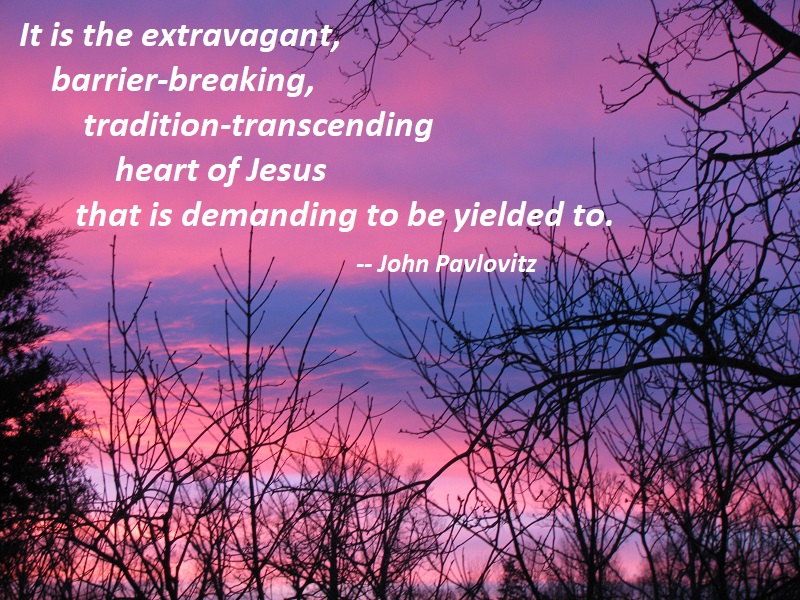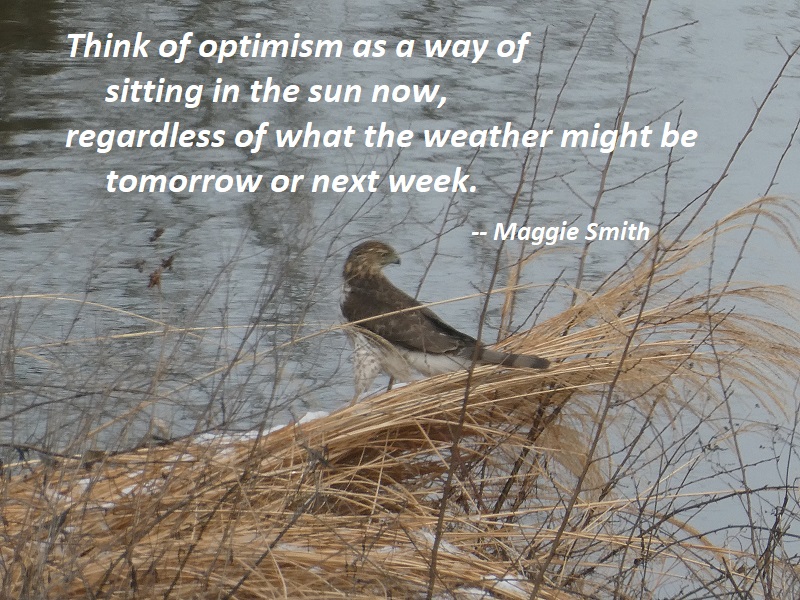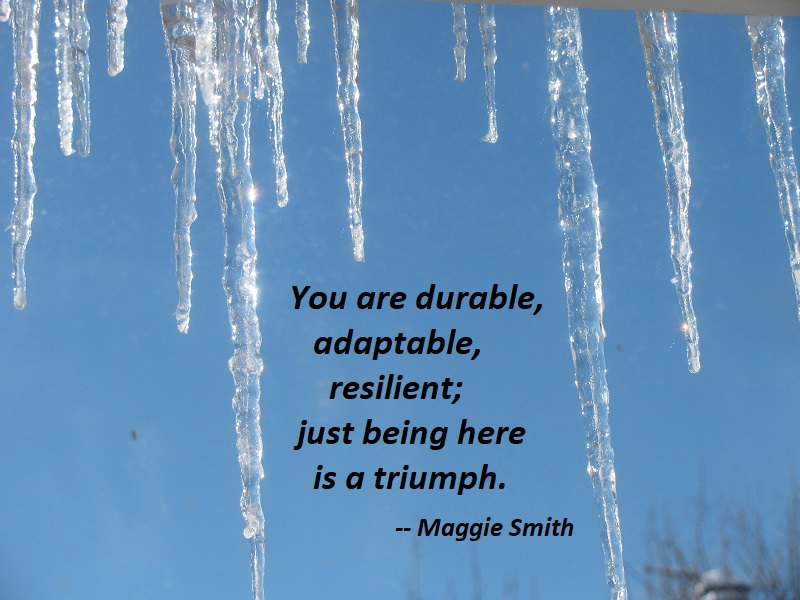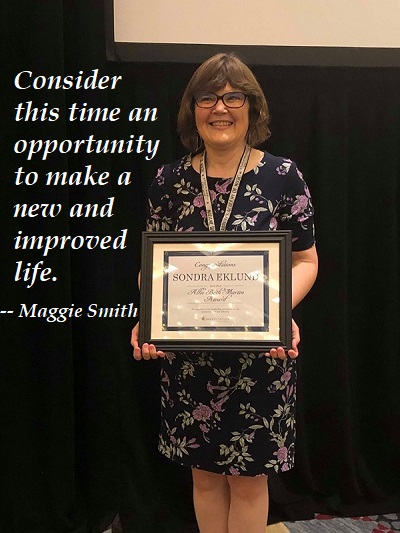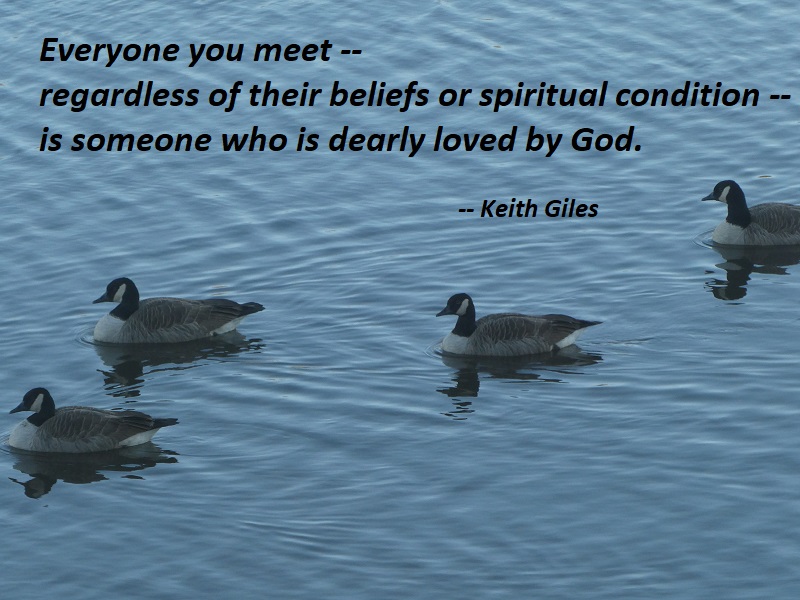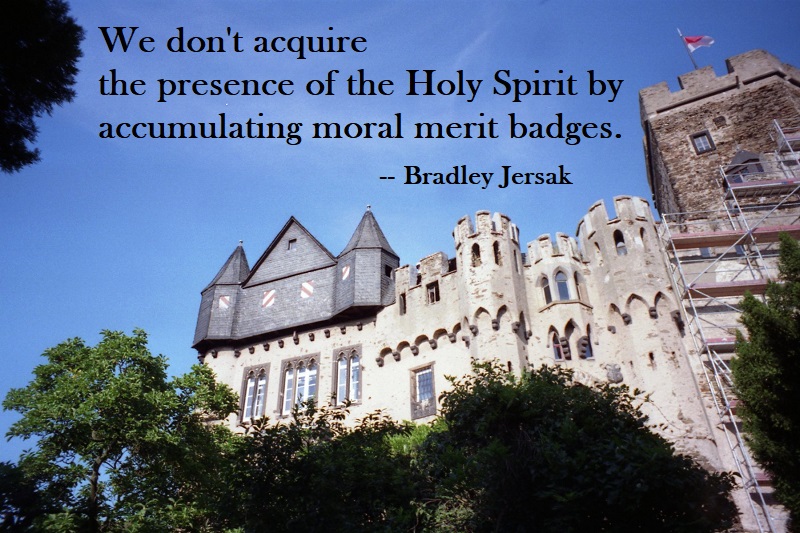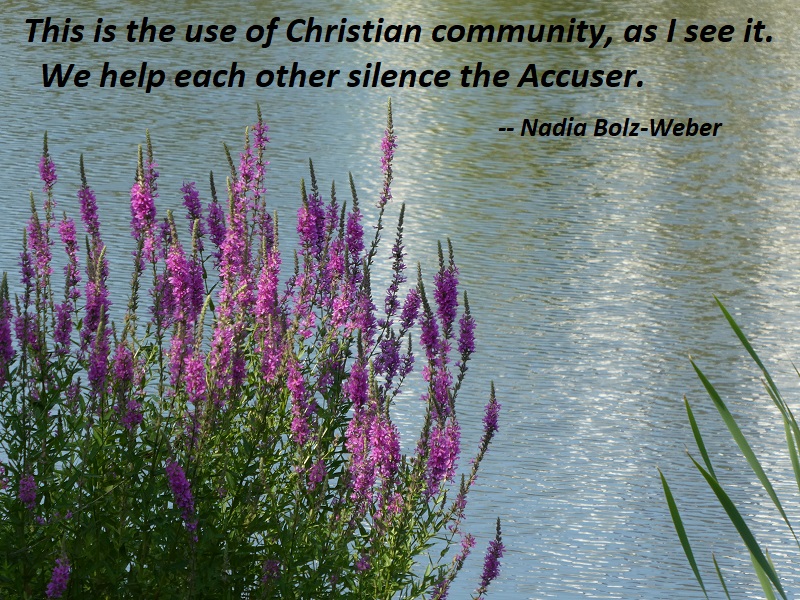The Big Thing
I would insist that the foundation of Jesus’s social program is what I will call non-idolatry, or the withdrawing of your enthrallment from all kingdoms except the Kingdom of God. This is a much better agenda than feeling you have to attack things directly, or defeat other nation-states, the banking system, the military-industrial complex, or even the religious system. Nonattachment (freedom from full or final loyalties to man-made domination systems) is the best way I know of protecting people from religious zealotry or any kind of antagonistic thinking or behavior. There is nothing to be against, but just keep concentrating on the Big Thing you are for! (Think Francis of Assissi and Mother Teresa.) Paul’s notion of sin comes amazingly close to our present understanding of addiction. And he thus wanted to free us from our enthrallments with what he considered “mere rubbish” (Philippians 3:8), which is not worthy of our loyalty. “If only I can have Christ and be given a place in him!” Can you hear Paul’s corporate understanding in phrases like that?
The addict, or sinner, does not actually enjoy the world as much as he or she is enslaved to it, in Paul’s understanding. Jesus had come to offer us a true alternative social order here and not just a “way to heaven” later.
— Richard Rohr, The Universal Christ, p. 197-198
Photo: South Riding, Virginia, March 13, 2021
